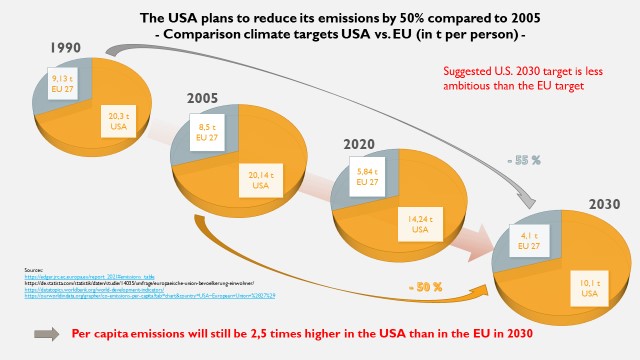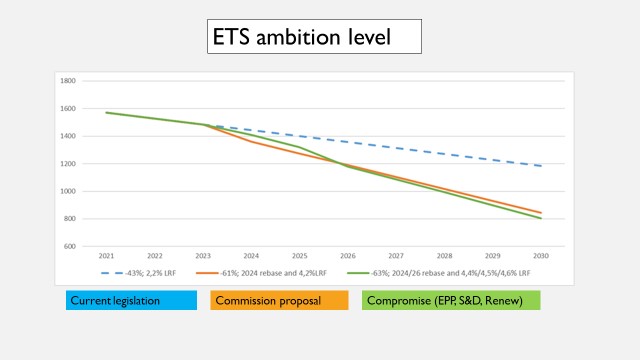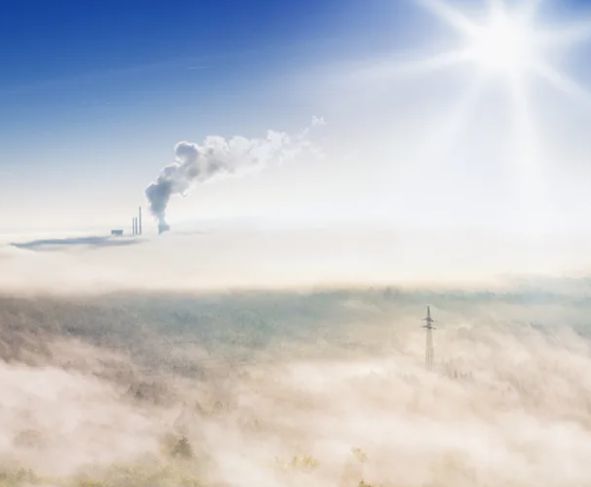The European Union must increase its climate target to over 57% and put more pressure on other industrialised nations/ Partnership to stop deforestation of rainforest after election in Brazil
"The European Union can and must further increase its climate target, which is already very ambitious with 55%, to create an overall dynamic that will allow us to reach the Paris climate goal. We also need to seize the opportunity of Bolsonaro's defeat in Brazil and build global partnerships to protect the rainforest," said Dr Peter Liese, environment spokesperson of the largest political group in the European Parliament (EPP/Christian Democrats), on the occasion of the start of the climate change conference in Sharm-el-Sheikh.
"Our climate target is the most ambitious target ever presented by a major emitter. The comparison with the US in particular is impressive. Even if President Biden achieves his target and reduces emissions by 50% by 2030 compared to 2005, Americans will still emit 2.5 times more emissions per capita than Europeans.

Therefore, I strongly disregard critical statements that say that the EU's target is not compatible with the 1.5 degree target. Nevertheless, the EU can and must increase its target. Already during the negotiations on the EU’s climate target, the European Parliament achieved that the contribution of land use and forests to climate protection should be increased. There is now consensus among the institutions that this should encompass 310 million tonnes by 2030. And that brings us to about 57%. In addition, the European Parliament decided by a large majority in my report on the emissions trading system (ETS) that the target for 2030 in this area should be raised from 61% to 63%. This would give us another percentage point for the overall target. This means that if we follow the European Parliament's position, the target could not be 55%, but 58%. However, in order to take into account the crisis in the context of the Russian war of aggression in Ukraine and the high prices, we want to phase the burden on industry and people differently in terms of time. Until 2026, the ambition should be lower than proposed by the Commission. Then, however, it should increase more strongly afterwards," explained Liese, who is also Vice-Chair of the European Parliament's delegation in Sharm-el-Sheikh. 
Liese assumes that an agreement between the Council and the Parliament on the issue of land use and forests (LULUCF) can be reached as early as next Thursday. "In that case, the European Union must immediately and clearly communicate that it will then also increase its international climate target. I do not expect an agreement on all complex issues related to the ETS next week. However, I would like us to send a clear signal to third countries. In Parliament's view, the revenues from the ETS should also be used much more than before to support third countries. Support for Africa in particular is at the heart of the Sharm-el-Sheikh conference and the Member States have more revenue due to the sharp increase in the ETS price. They must use this for international climate protection policy. In particular, we need more support for the rainforest. Deforestation must be prevented. The voting out of Bolsonaro in Brazil offers a great opportunity here. Perhaps it is the last chance to meet the Paris climate goal," Liese concluded.


